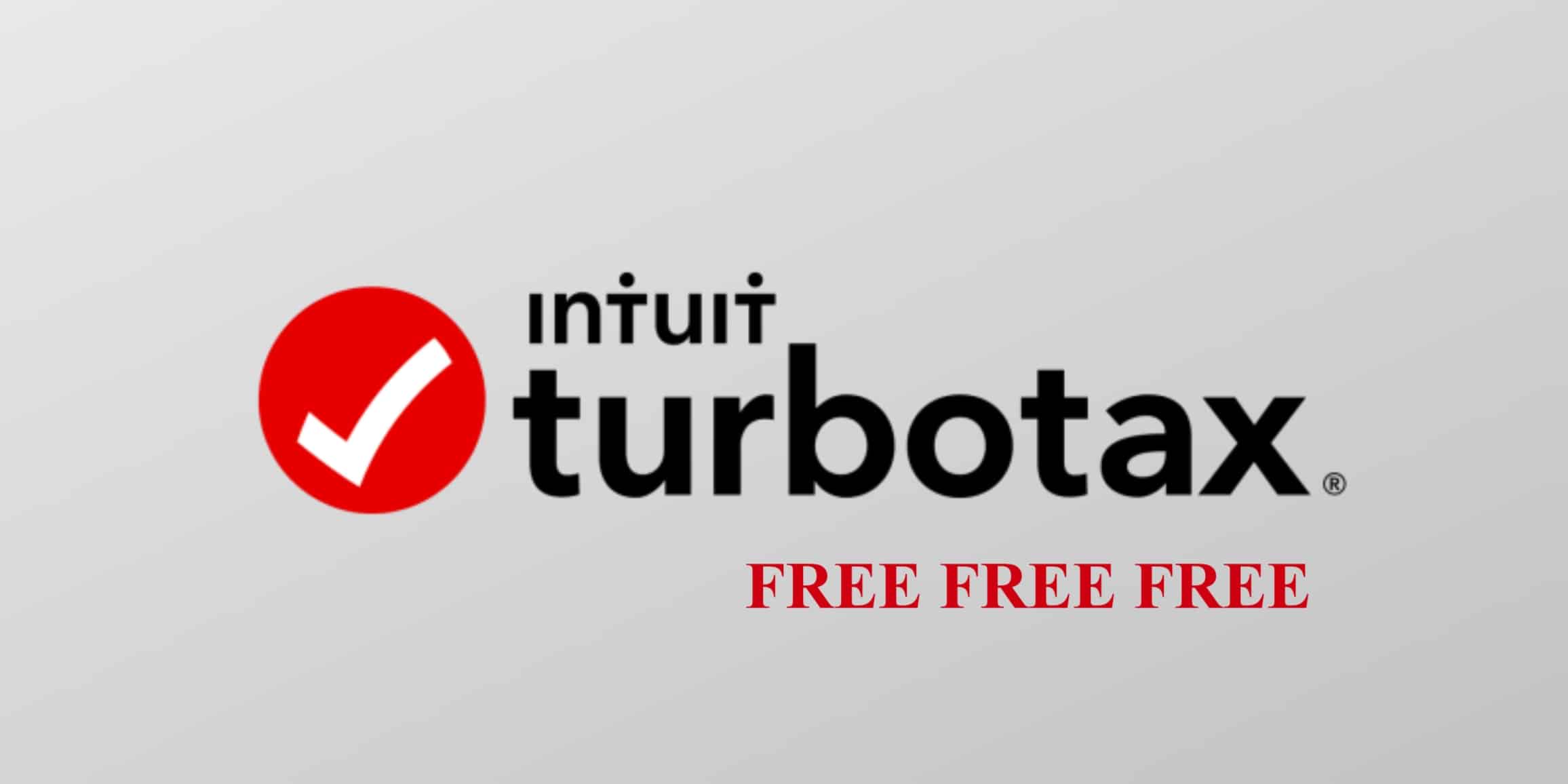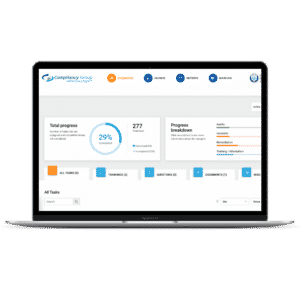Next up on TurboTax’s journey with the FTC is a stop in a federal district court. The FTC has asked a court to order Intuit (TurboTax’s parent company) to halt the deceptive advertising immediately. Free HIPAA is an equally misleading phrase. Both “Free Filing “ and “Free HIPAA” are not free for the reasons discussed below.
Free Free Free Too Good to Be True
Centuries ago, Ben Franklin noted, “Our new Constitution is now established, everything seems to promise it will be durable; but, in this world, nothing is certain except death and taxes.” Notably, Franklin said nothing about banking on the concept of free tax filing services. This saying, for which he is so well-known, reflects an unavoidable life truth: doing business comes at a cost.
Do you have an effective HIPAA compliance program? Find out now.
Free is Not Free No Matter How Many Times the Phrase “Free” Is Used
TurboTax, however, has tried to deny this truth. It has touted its “free tax filing services” “ubiquitously,” to use the FTC’s language. Some of TurboTax’s ads consist almost entirely of the word “free” spoken or stated repeatedly. The reality: the free service is not available to millions of taxpayers – ⅔ of all taxpayers, in fact.
According to the FTC, the TurboTax website does not disclose adequately to consumers, including those who see Intuit’s advertisements, the limitations on eligibility for the “free” version of TurboTax. When TurboTax used disclaimer language, it did so misleadingly and incompletely.
TurboTax’s “free” tax filing services have applied to individuals filing “simple tax returns.” Consumers diligent enough to find the phrase “simple tax returns” on Intuit’s website, however, have received zero guidance from Intuit – the webpage is just plain silent – on how Intuit defines the phrase “simple tax return.”
Free for Me, Not for Thee
According to the FTC, Intuit would not consider the following consumers as “filing a simple tax return:”
- Consumers earning independent contractor or small business income, such as consumers working in the gig economy by, for example, providing rideshare services or delivering groceries
- Consumers earning income from a farm, farm rental, or farm equipment
- Consumers earning income from selling a home
- Consumers earning income in the form of a prior year’s state tax refund
- Consumers earning investment income
The limitations on what constituted a “simple tax return” were, according to the FTC, hidden on Intuit web ads behind a hyperlink over the words “See why it’s free.” Consumers had to click on the hyperlink to trigger a pop-up explaining the limitations.
This is not, of course, what most consumers actually did. Instead, most clicked on a prominently displayed orange button saying “File for $0.” These consumers were then brought to a login screen to commence an online, automated “interview” to begin entering information to file their taxes. Consumers who were not eligible – the “non-simple tax return filers” – would not learn they were ineligible until they had already invested significant time and effort creating an account and inputting their sensitive personal and financial information into TurboTax. No learning about “no free taxation” until the point of too-late-to-do-anything-about-it rejection, in other words.
In its answer to the complaint, TurboTax claims that it has ceased its allegedly deceptive behavior. The FTC claims otherwise, noting that TurboTax is still bombarding consumers with ads for “free” tax filing services, and then slapping the consumers with charges when it’s time to actually file.
It turns out that there is a free filing service for the tax year 2021. But, the service is only available to consumers whose adjusted gross income is $73,000. The provider of the services is the IRS, whose “Free File Program” allows eligible individuals to file their federal tax returns entirely for free (the government has other ways to get back the “free lunch” it gives away). The IRS puts its “free” service limitations in plain sight. The IRS homepage, irs.gov, has language that states, “File Your Taxes for Free.” When these words are clicked on, users are taken to a webpage that explains in detail who is eligible for IRS free filing and who is not.
Free HIPAA Training – A Contradiction in Terms
Many companies offering HIPAA compliance solutions offer “Free HIPAA Training,” using shiny buttons and shiny colors on their websites with that language. Some actually send requesting companies and individuals training-like materials, which claim to cover “all of the HIPAA requirements.” (Or “HIPPA” requirements, depending upon a company’s level of HIPAA savviness). These materials are free, but the recipients get what they pay for: generic HIPAA instruction, totally untethered to their organization’s specific operating environment. “Free HIPAA training” describes a non-sequitur, just as “Free Training in How to Put a Round Peg Into a Square Hole” does.
Since the HIPAA regulations require that training be specific to the needs of a particular organization, “Free HIPAA Training” will not satisfy the demands of the HIPAA regulations, even if the materials you are given by the “Free HIPAA” company look nice on paper or a certificate.
The Free HIPAA shiny button has no idea, and does not care, whether your business is a solo practice operating out of one location and not accepting insurance, as opposed to being a multi-location practice accepting a variety of insurances and receiving and storing protected health information (PHI) from multiple sources. When you click on the Free HIPAA button, the same answer will spit out without the required tailoring. In short, once you receive the promised goodies, the adventure has just started. To comply with HIPAA training regulations, you will end up having to pay for that compliance – either by going it alone like a deer trying to run across a busy intersection or by using a consultant whom you will have to pay for the privilege.
As the FTC has warned, companies that use the word “free” cannot act deceptively while doing so. Even if money is not exchanged, the “catch” must be stated in the advertising – who is not eligible, what the training does NOT do, etc. And there’s always a catch.











